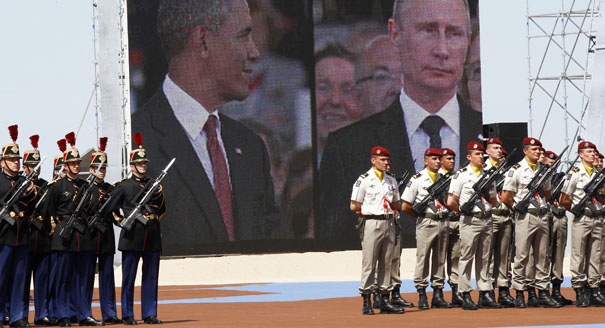Source: Handbook of International Negotiation
To negotiate, cooperate or compete successfully with another, we should know what motivates them and how they make decisions. To understand how humans really make decisions, we can draw on a biologically grounded account that combines evidence from neuroscience, biology, psychology and economics.
I discuss three areas central to negotiation: first, evidence from biology and neuroscience about how human cooperation emerges and is controlled; second, the neural bases of the fairness motivation; and third, the neural phenomenon of “prediction error” that affects how our actions impact on others.
I link each area to international negotiation through historical cases and give practical policy recommendations. Finally, I describe four general rules for using neuroscience, and the behavioural decision sciences more generally, to apply to practical policy.
The full chapter can be found in the Handbook of International Negotiation: Interpersonal, Intercultural, and Diplomatic Perspectives, pp.47-58.
